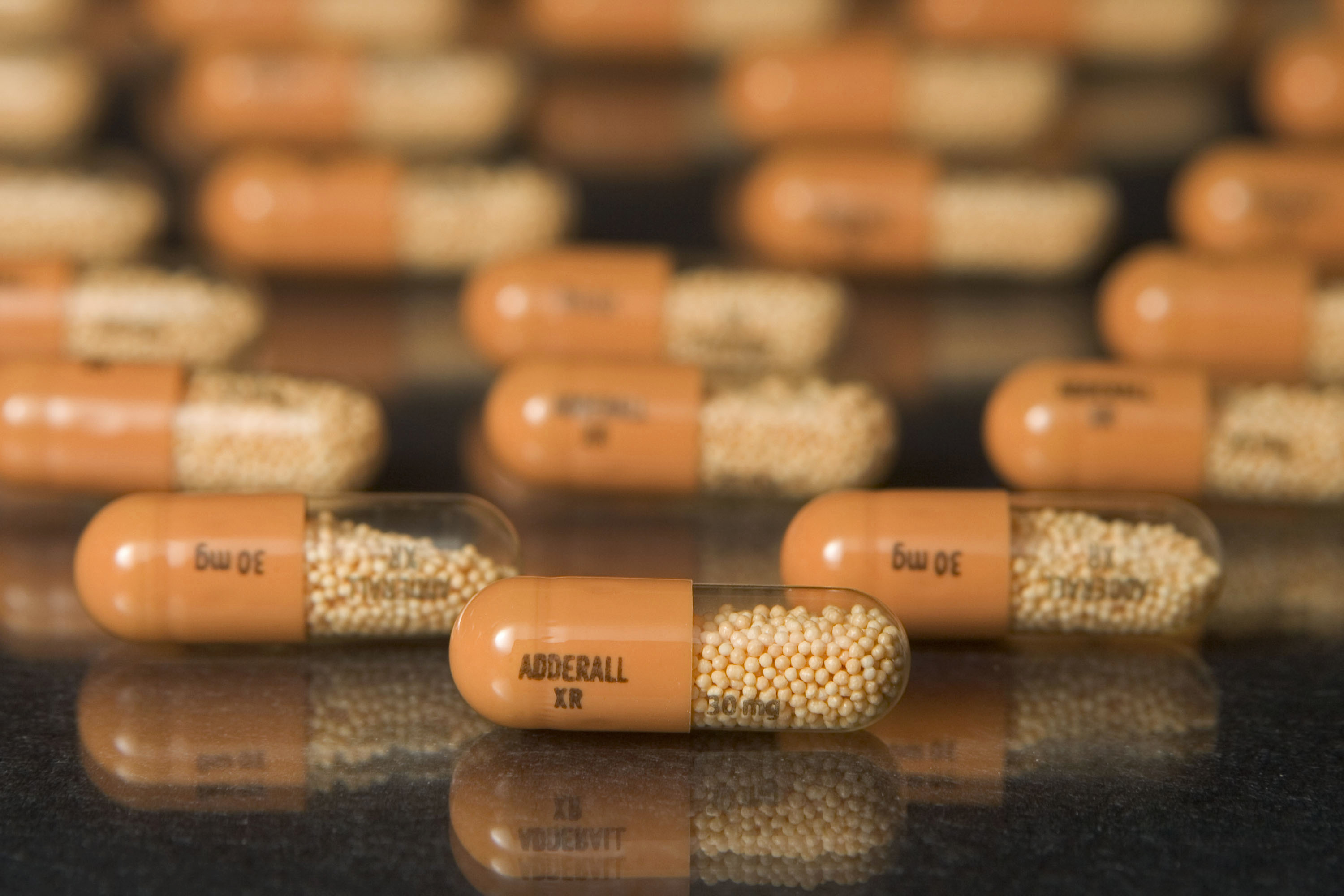It’s that time of the semester again, and no doubt about it, stress levels are sky-high. You have a research paper due next week and three finals in the week after, and on top of that, you can’t find a seat at the library. It seems like there aren’t enough hours in the day to fit in everything, and your mood is at an all-time low. Stress negatively affects your ability to focus and leads to anxiety, restlessness, and lack of motivation. Sometimes. all you need to do is take a breather and take some steps to lessen the stress and boost that mood.
Exercise. We all know that exercising and maintaining a healthy lifestyle is good for us, but many of us don’t take the time out of our packed schedules of back-to-back classes, club events, and internships to work out regularly at the RSF. However, research shows that getting your heart rate up triggers the release of endorphins, neurotransmitters that produce feelings of euphoria and seriously boost your mood. Next time you’re thinking about skipping the gym to cram at the library, put in an hour in on the treadmill instead.
Limit your intake of refined carbohydrates. Simple sugars such as those in candy, soda, cookies, and white bread give you a sudden spike in blood glucose—resulting in that sugar rush—but then cause you to crash quickly. This results in tiredness and irritability. You’re certainly in no condition to get any studying done. Load up on fruits, vegetables, whole grains, low-fat yogurt, and whole-grain breads and pastas instead.
Increase your intake of omega-3 fatty acid rich foods. A study at the University of Pittsburgh School of Medicine shows that people with lower blood levels of omega-3 fatty acids have a significantly higher chance of developing mood disorders such as depression, schizophrenia, and biopolar disorder. Consuming foods such as salmon, wild rice, walnuts, pistachios, almonds, flax seed, beans, edamame, and other soy products can help stabilize your mood and alleviate those feelings of “too much to do and too little time.”
Eat foods rich in vitamin B12 and folate. Research that shows that vitamin B12 and folate (folic acid) help your body synthesize serotonin, a natural mood-boosting neurotransmitter. Oatmeal, vegetables, eggs, dairy products, poultry, certain cereals, and shellfish are foods rich in these nutrients. Reaching for that bag of chips as a study snack? Opt for some low-fat yogurt instead. You’ll feel better in the long term.
Get enough sleep. The average adult needs between 7 and 9 hours of sleep. College students get an average 6 hours a night. Especially during midterm or final season, most of our sleeping schedules are pretty irregular. However, getting those needed hours of sleep have been shown to improve memory, decrease stress, and even protect cardiovascular health. Take half an hour to recharge in between classes or during cram sessions at the library—it’ll boost your overall mood and help you get through the rest of your day.
Cuddle up. Cuddling with a pet or significant other has been shown to release oxytocin, a natural hormone that enhances our ability to feel empathy and other emotions such as happiness and surprise. Low oxytocin levels are actually associated with ADHD, depression, and social anxiety. Even though Valentine’s Day has already passed, grab your boyfriend or girlfriend, your pet, or your favorite stuffed animal and cuddle up.
Article by Katherine Wei
Feature Image Source: Wonder How To
























